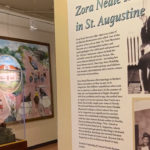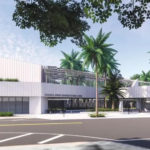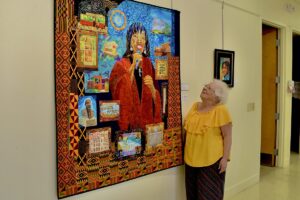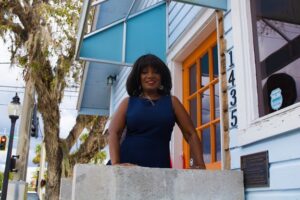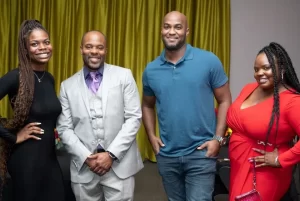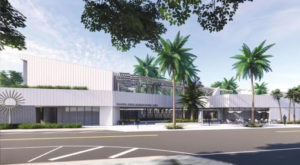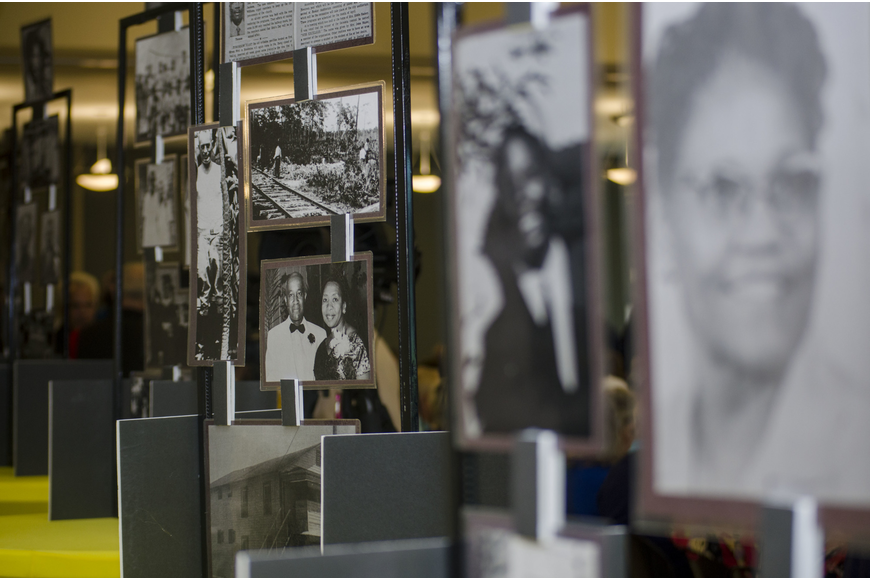
Deep within Sarasota, Florida lies the historic neighborhood of Newtown, a community where thousands of African American residents flocked in the early 1900s. The Black community built their own safe haven in the quaint seaside town after Jim Crow Laws enforced racial segregation throughout the South. Formed in 1914, the neighborhood was once home to a number of bustling Black entrepreneurs who unified to develop Newtown’s thriving business district, allowing the community to become self-sustaining. When segregation and racism posed a threat to the Black community’s education and their ability to receive crucial social services, Newtownites banded together to build their own schools, churches, grocery stores and social systems, boldly reclaiming their freedom. Resilience and faith were undoubtedly at the core of Newtown’s indomitable spirit.
While the legacy of Sarasota’s forgotten Black mecca has largely been hidden from history and textbooks, one cultural historian is on a mission to document Newtown’s rich past and uncover the neighborhood heroes who stood on the front lines of freedom to ensure a better future for the next generation.
The story of Newtown started with a segregated community called Overtown, Sarasota’s first Black hub filled with flourishing entrepreneurs, said the CEO and President of Sarasota’s African American Cultural Coalition, Vickie Oldham, who has been stitching together Newtown’s history piece by piece.
“It was located near the downtown area. Our people were the early pioneers who worked in the homes of the wealthy as domestics, as cooks, as gardeners, so there was already a self-sustaining community in Overtown,” she told MADAMENOIRE over zoom.
Located on Central Avenue and today’s Sixth Street, Overtown swelled with Black-owned markets, a busy movie theater, and merchandise stores that provided the community with everything they needed to survive. However, sadly, because of Jim Crow Laws, the residents of Overtown were pushed to the north side of Sarasota, but they used their skills as cooks, developers, and harvesters to build up the community of Newtown, and they worked tirelessly to keep the neighborhood thriving.

